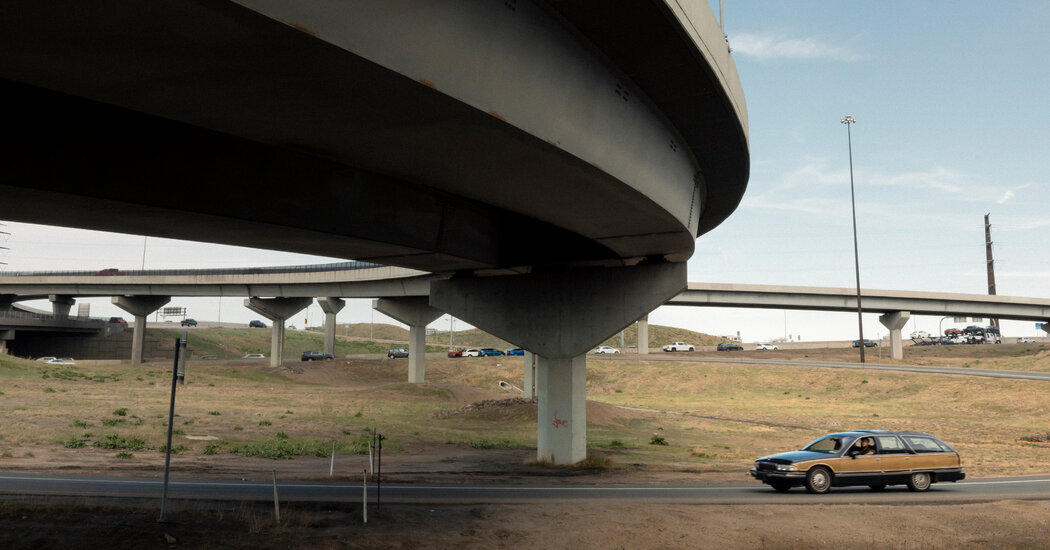- cross-posted to:
- fuckcars@lemmy.world
- nyt_gift_articles@sopuli.xyz
- climate@slrpnk.net
- cross-posted to:
- fuckcars@lemmy.world
- nyt_gift_articles@sopuli.xyz
- climate@slrpnk.net
cross-posted from: https://lemmy.world/post/16028585
cross-posted from: https://slrpnk.net/post/10092805
In Colorado, that new vision was catalyzed by climate change. In 2019, Gov. Jared Polis signed a law that required the state to reduce greenhouse gas emissions by 90 percent within 30 years. As the state tried to figure out how it would get there, it zeroed in on drivers. Transportation is the largest single contributor to greenhouse gas emissions in the United States, accounting for about 30 percent of the total; 60 percent of that comes from cars and trucks. To reduce emissions, Coloradans would have to drive less.
deleted by creator
That would help, but wouldn’t do much for the mountains of people in cars on the weekend… going to stores they could easily walk to.
Personal driving needs to be one of those things that you might do a few times a month, when necessary, to get to a destination further than 25 km away.
The only vehicles you should regularly see on roads are delivery, emergency services, transport trucks, and maintenance vehicles.
Anything else can be handled by public transportation, micromobility, walking, bikes, zoom calls, etc.
Yes, it’s not easy for everyone to do that, which is why government should step the hell up and subsidize and incentivize the crap out of every mode of transportation that isn’t a car. Give away free e-bikes to every family if you need to, just get people out of cars!
Depends on where you live, food deserts are pretty common nowadays because it’s just assumed you can drive to the dtore
Exactly why we need to deconstruct car infrastructure and promote 15 minute cities.
Food deserts are also, in part, due to systemic racism and the lack of incentive to invest in impoverished areas.
Last week, on two different days, I drove one hour each way for my boss to tell me that the meeting room is full so just go home and he’ll email out the meeting minutes after.
Mind you, I knew how many people were going, and I messaged him the night before, twice, that I should probably skip out so our guests don’t feel too packed together, and he never answered.
Killing the environment because people suck. I hope he felt like a big man.
The highways are fine. The problem is that there’s cars on them.
Just block off 4 lanes to be bus-only and 2 lanes to be bicycle only. Maybe a few more for train tracks.
Colorado’s recent progress gives me hope for it actually rivaling the best places in Europe. Could it be… a good state?
Lanes weren’t even the right thing to build. Exits reduce congestion. Rarely is a whole city just jammed full of cars on every street. The issue is distribution, and if people are doing 1 mph in a 70 zone, they’ll happily slide out to where the speed limit is 35.
Source?




